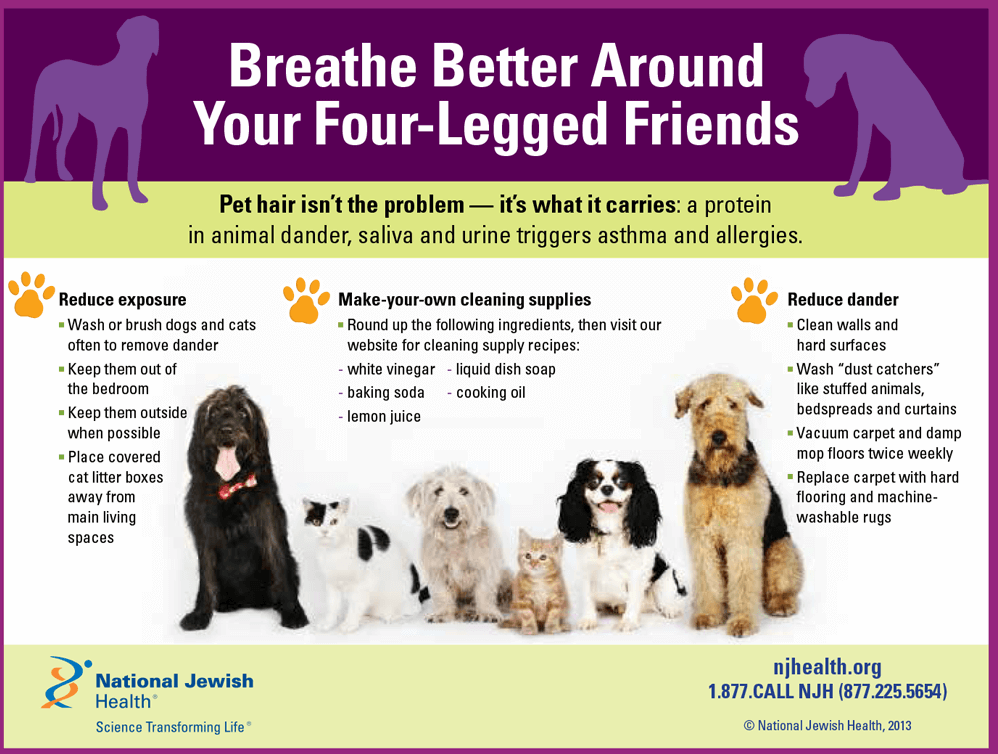Dog Daycare Checklist
Dog Daycare Checklist
Blog Article
What Vaccinations Are Required For Pet Childcare?
Whether your pet dogs hang out at daycare or boarding centers, they need to be up-to-date on every one of their called for vaccinations. Core vaccines consist of Bordetella, rabies and DA2PP, which defend against common conditions that pet dogs are exposed to when in close contact with others.
Non-core vaccines consist of canine influenza and leptospirosis shots. These are advised for puppies that mingle with various other dogs regularly.
Core Injections
As a crucial part of preventative care, pet injections aid keep pets risk-free from transmittable illness sent with straight contact or infected surfaces. Injections stimulate the body immune system to create antibodies that battle disease, and the majority of vets take into consideration core dog injections to be essential for all family pets.
Rabies
Most credible canine childcare centers need that your pet dog be up to day on their rabies vaccination. Inoculations are carried out to young puppies as very early as 12-16 weeks old, and boosters are needed every 3 years approximately up until the adult years. Rabies is a fatal viral condition that spreads out via saliva, usually from attacks. Many states call for rabies vaccinations for all pets and felines, and some also mandate rabies boosters for animal proprietors.
Distemper/Parvovirus/Adenovirus (DHPP).
This combination injection covers canine distemper, parvovirus, liver disease, and adenovirus, all of which are extremely transmittable. Most veterinary workplaces offer DHPP injections as one shot or in a collection of two to 4 shots, given 2-4 weeks apart, complied with by a yearly booster. This vaccine is a demand for most boarding and doggy day care centers, as well as lots of groomers.
Bordetella/Canine Parainfluenza Vaccination.
Bordetella bronchiseptica, typically referred to as kennel coughing, is a very infectious respiratory system infection caused by the germs that creates the disease. Signs consist of persistent coughing, sneezing, nasal discharge, and fever. A lot of kennel coughing outbreaks happen in jampacked settings, such as daycare or boarding facilities, and are specifically usual in warmer weather. This vaccine is a dog boarding kennel near me demand for the majority of childcare and boarding facilities, and is commonly used in a mix with the DHPP vaccine.
Leptospirosis Vaccine.
This is a bacterial illness that spreads out via contaminated water, soil, and urine. Infection can trigger kidney and liver damages, along with fatality, and is transmissible to humans. Many vets will certainly advise this vaccination, based on geographic location and way of life of the pet, for pet dogs that hang around outdoors or at boarding centers, along with some groomers. This vaccine is typically provided as a collection of 2 to 4 shots, spaced 2-4 weeks apart, with a yearly booster required for most animals.
Lyme Illness Vaccination.
One of the most usual tick-borne disease in the United States, Lyme disease is transferred by the deer tick and can lead to fever, joint discomfort, muscle mass discomfort, and anorexia nervosa. The Lyme condition vaccination shields versus the most prevalent strains of the infection, consisting of the H3N8 and H3N2 strains. Most veterinary clinics recommend this vaccine, particularly in high-risk areas, such as the Northeast, upper Midwest, Mid-Atlantic, and along the Pacific coast.
Noncore Vaccines.
Other canine injections, while not required for all family pets, are suggested based upon the pet dog's way of life and geographical place. These consist of the following:.